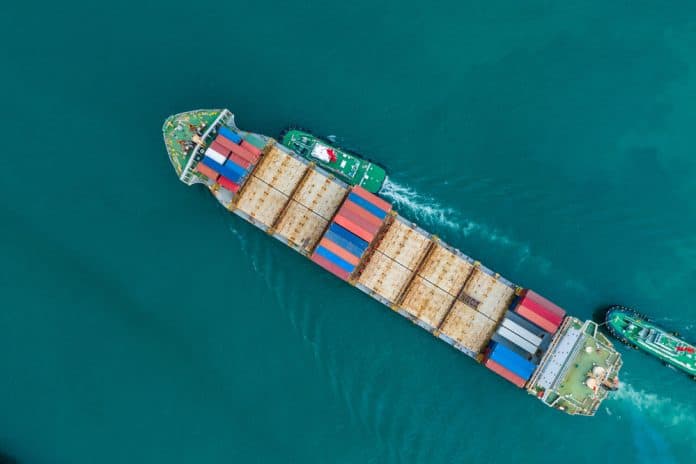The high cost of hardware has prevented shipping lines from justifying making investments in the technology that provides end-to-end supply chain visibility.
However, the disruption in the supply chain over the past few years has increased the importance of real-time visibility. Timely arrival of goods is crucial to customers and having real-time data is needed to make informed decisions if a problem occurs.
After the successful implementation of real-time monitoring known as “Hapag-Lloyd LIVE” to its reefer container fleet in 2019, Hapag-Lloyd continues to utilize digitalization to provide a more transparent supply chain experience to its customers. Hapag-Lloyd has announced that it will start to equip the dry containers in its entire three-million TEU fleet with devices that are able to provide real-time location, measure temperate changes, and detect sudden shocks or collisions.
Maximilian Rothkopf, COO of Hapag-Lloyd said:
“Going forward, we will be able to provide all our customers with real-time track and trace data, giving them full visibility of any container movement worldwide. We will be able to detect delays earlier, inform impacted customers automatically and initiate counteractions at an early stage. We firmly believe that our real-time tracking approach will not only be beneficial for our customers but be a game changer for the entire container shipping industry”
The new tracking technology implementation on Hapag-Lloyd’s dry container fleet is planned to be finished by the end of next year.
Nexxiot AG will start supplying devices this summer and ORBCOMM will provide devices later this year. Real-time monitoring is expected to be especially beneficial to customer groups who have high-value and high-volume cargo.
With the help of this premium service, Hapag-Lloyd’s dry containers will be monitored through their whole journey, whether at sea or on the road, helping to ensure containers will arrive at their destination timely and safely. In addition, data collection will help with forecasting future operations, uncovering inefficiencies, and developing strategies to have better performance. Embracing technology that creates smart containers will play a vital role in the shipping industry in the following years.




